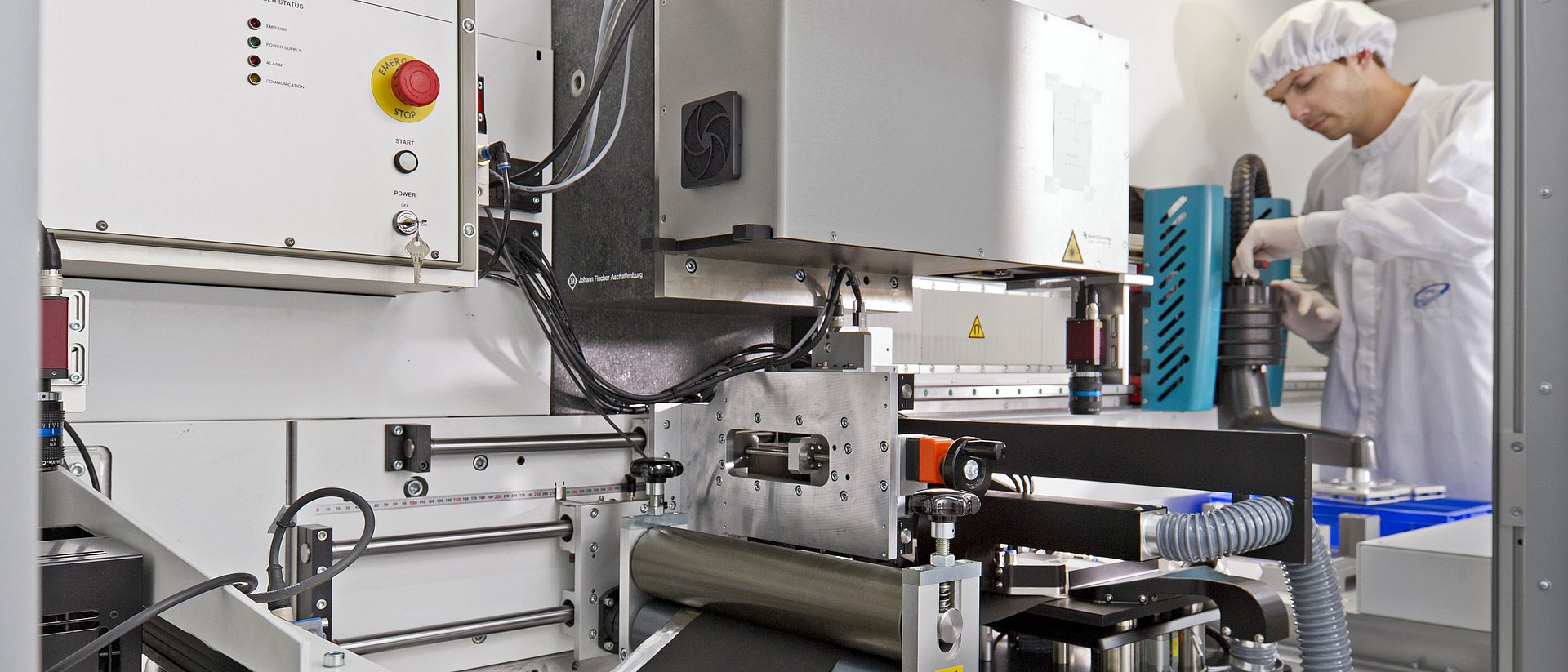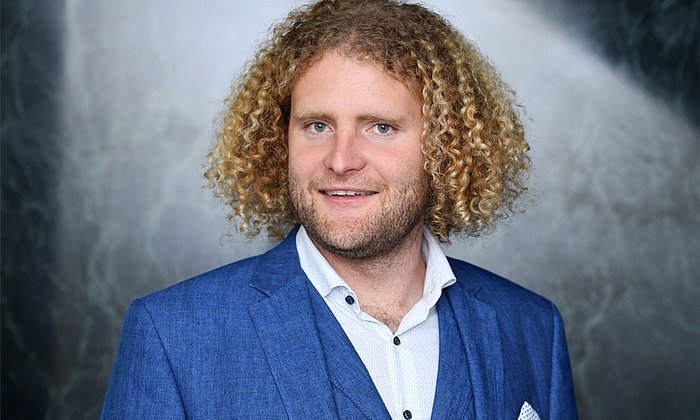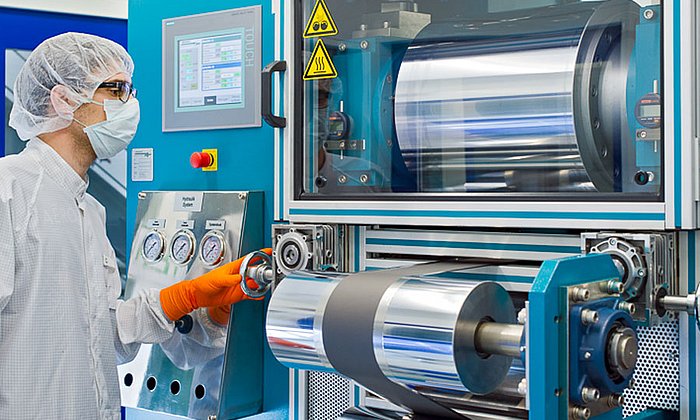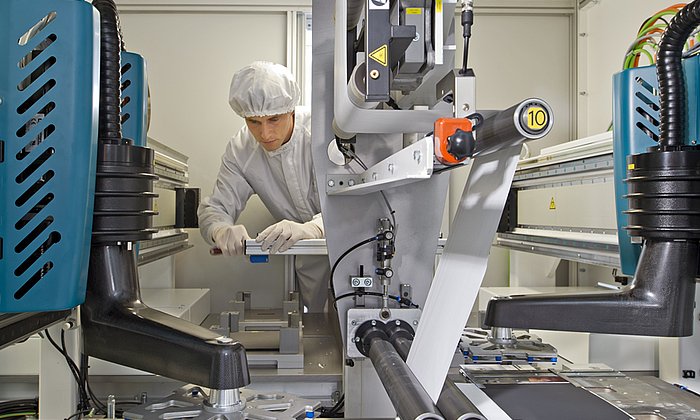Federal government to fund three competency clusters with TUM involvement
The battery of the future: intelligent, sustainable, powerful

Laptops, cell phones, electric cars: Batteries play an important role in our everyday lives. Meanwhile, as an efficient energy storage technology, they are essential prerequisites for a successful energy transition. At TUM, 12 professorships with different specialist areas from five departments work on battery research, pooling their expertise in the TUM.Battery network. More than 100 scientists are addressing the interdisciplinary challenge of covering the entire value chain.
This extends from basic scientific research in material science to power cell development and process technologies in electrochemistry and electrical engineering through to the integration into manufacturing technologies in engineering. Cooperation with industry promotes the transfer from research results to applications.
Funding for competence clusters
TUM will now contribute its expertise to three new competence clusters funded by the Federal Ministry of Education and Research:
The cluster “Intelligent battery cell production (InZePro)” will study ways to improve the efficiency and flexibility of manufacturing. The participants aim to optimize the production system using Industry 4.0 solutions. Their research will focus on innovative, agile plant technology, digitalization, artificial intelligence in production and virtual production systems.
The cluster will receive funding of approximately 30 million euros. The coordination team includes Prof. Gunther Reinhart (Spokesman), TUM; Prof. Jürgen Fleischer, Karlsruhe Institute of Technology (KIT); Prof. Klaus Dröder, TU Braunschweig and Prof. Achim Kampker, RWTH Aachen.
The cluster “Battery use concepts (BattNutzung)” will study battery states and behavior. The results will help to decide when the "second-life" utilization of batteries is possible and advisable.
This cluster will receive approximately 20 million euros in funding. The coordination team consists of Prof. Dirk Uwe Sauer (Spokesman), RWTH Aachen; Prof. Andreas Jossen, TUM and Dr. Axel Müller-Groeling, Fraunhofer Institute for Silicon Technology, Itzehoe.
The cluster “Analytics / Quality assurance (AQua)” will work on methods, strategies and standards to improve battery performance. At the same time, the researchers will work to increase battery lifetime and maximize safety.
Approximately 20 million euros in funding is earmarked for this research. The members of the coordination team are Dr. Margret Wohlfahrt-Mehrens (Spokewoman), Center for Solar Energy and Hydrogen Research (ZSW) Baden-Württemberg, Ulm; Prof. Helmut Ehrenberg, Karlsruhe Institute of Technology and Prof. Hubert A. Gasteiger, TUM.
The new clusters are part of the concept framework “Battery Research Factory” and will start their work in the fourth quarter of 2020.
Technical University of Munich
Corporate Communications Center
- Stefanie Reiffert
- stefanie.reiffert@tum.de
- presse@tum.de
- Teamwebsite


